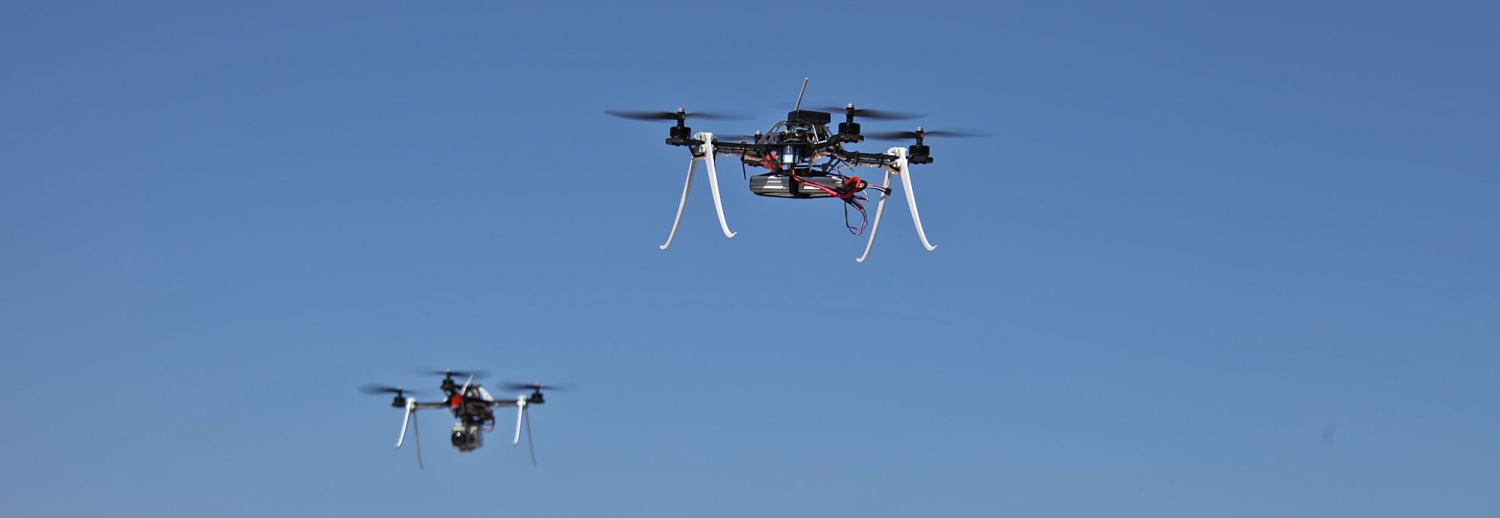This will be my final Interpreter links for the Lowy Institute. Thanks to readers & to those who have reached out over the past 2.5 years to discuss, share and debate various cyber and tech developments occurring around the world.
- An incredibly thoughtful article from Kai-Fu Lee on the need to start thinking about minimising the unprecedented inequality Artificial Intelligence could bring, both within and between states.
- Is China’s Strategic Support Force, the country’s US Cyber Command equivalent, the most pronounced threat to America’s superiority in cyberspace?
- Thailand’s Government is looking to purchase software that will strengthen the military government’s ability to track and monitor online networks. It is alleged the software will scrape and store social media data from more than one million online users.
- Chinese tech company DJI, the world’s largest civilian drone company in the world, has created a no-fly zone over Iraq and Syria (using geofences) in an apparent attempt to prevent ISIS from using its drones for terrorism. Unfortunately, drone pilots are buying Russian software to hack past DJI’s no-fly zones.
- North Korea's Ministry for Foreign Affairs launched a new website this month. The service drops in and out but if you’re able to click through to news highlights you’ll find an update on the country’s ‘new-type ground-to-sea cruise rocket.’
- Governments in Asia are grappling with efforts to better police misinformation. It looks like Singapore will become the first country in the region to introduce fake news legislation in 2018. There are obvious concerns that some governments will use ‘fake news’ as a lever to further increase Internet and media censorship.
- India’s Government is finalising policies to better monitor social media in case of disaster, to improve public service delivery, and to check if it is being ‘misused’ to conspire against the country or spread anti-national propaganda.
. - Taiwan President Tsai Ing-wen has embraced Twitter diplomacy and isn’t shying away from the big and controversial topics: US arms sales, Tiananmen Square, participation in the TPP and the country’s military threats. This week China’s People Daily newspaper reported some of her tweets infuriated the public, and while Twitter remains blocked, Chinese netizens jumped the firewall to vent their anger.
- Pakistan’s Internet crackdown is intensifying; this month a Shi’ite man was sentenced to death for posting information on Facebook deemed to be blasphemous.
- China has launched a project to digitise South China Sea (SCS) research. One SCS expert said 'scientific research is also a method, besides political and economic measures, to safeguard our rights and interests in the region'. Some 193 research fellows and more than 10 research institutes will take part in the project.
- Islamic extremists fighting in Marawi have launched a separate war on social media that took the Philippine’s armed forces by surprise.
- Facial recognition cameras are becoming a part of daily life in China. The Wall Street Journal looks at the country’s next-level state surveillance:
